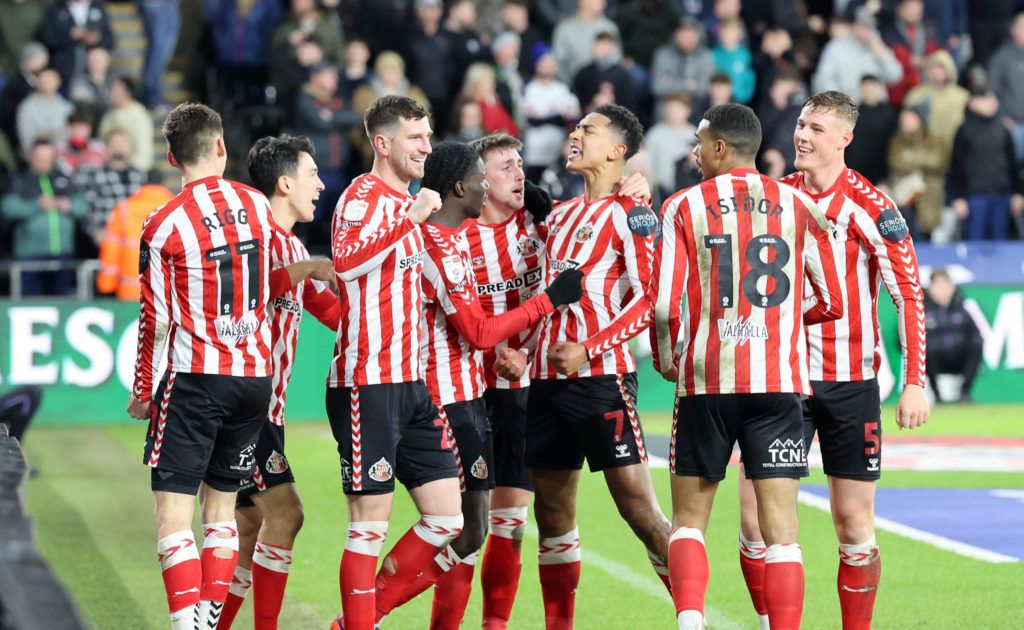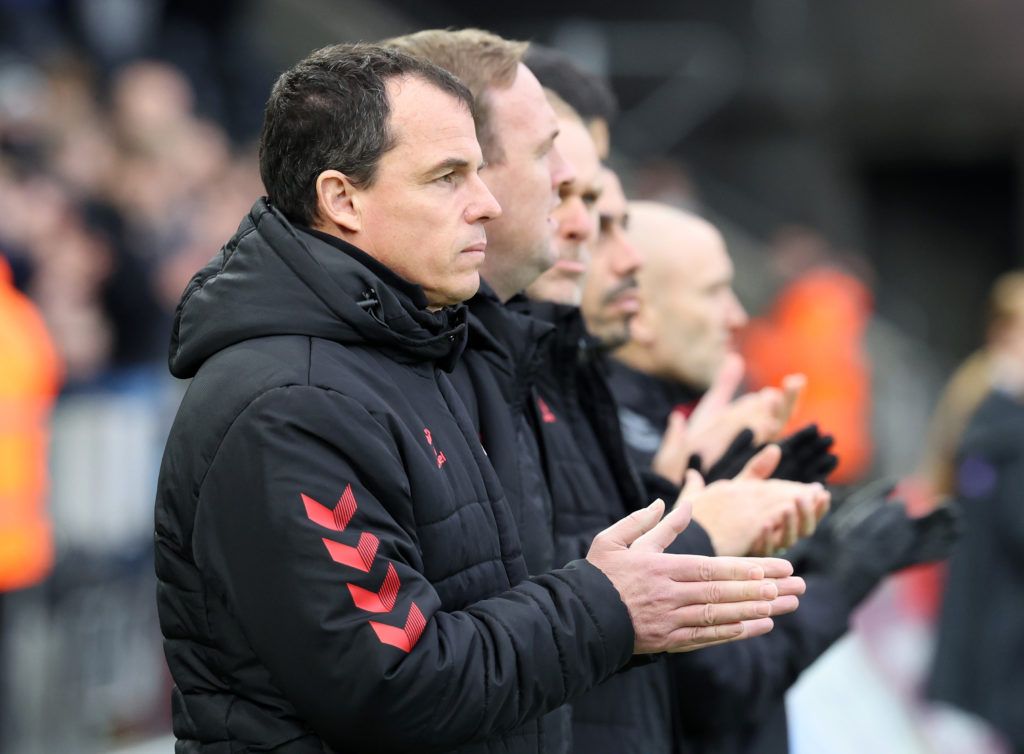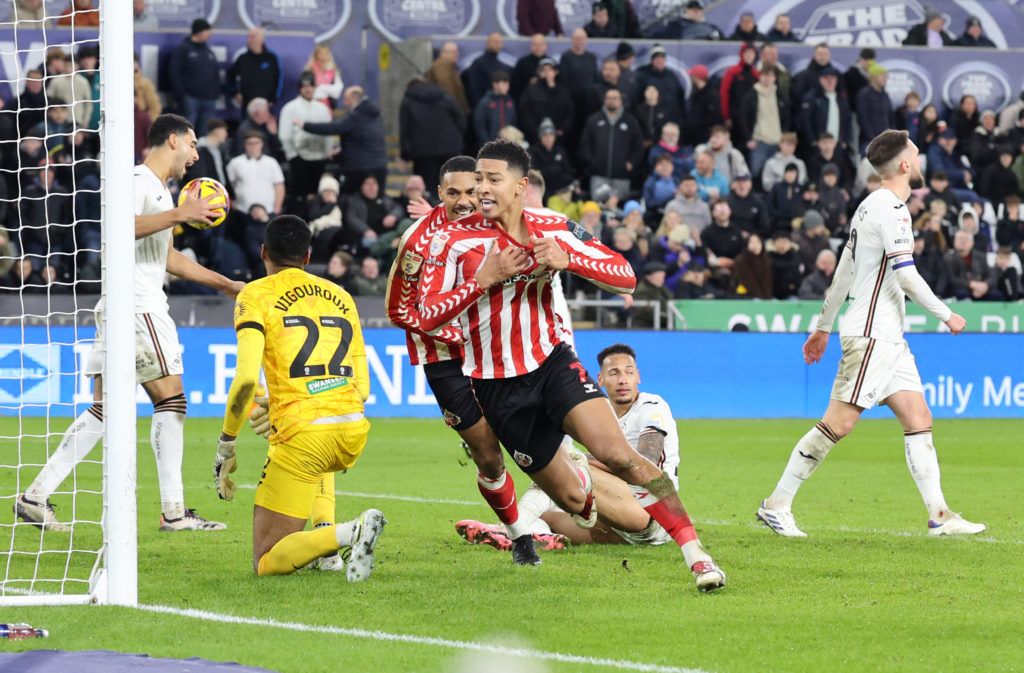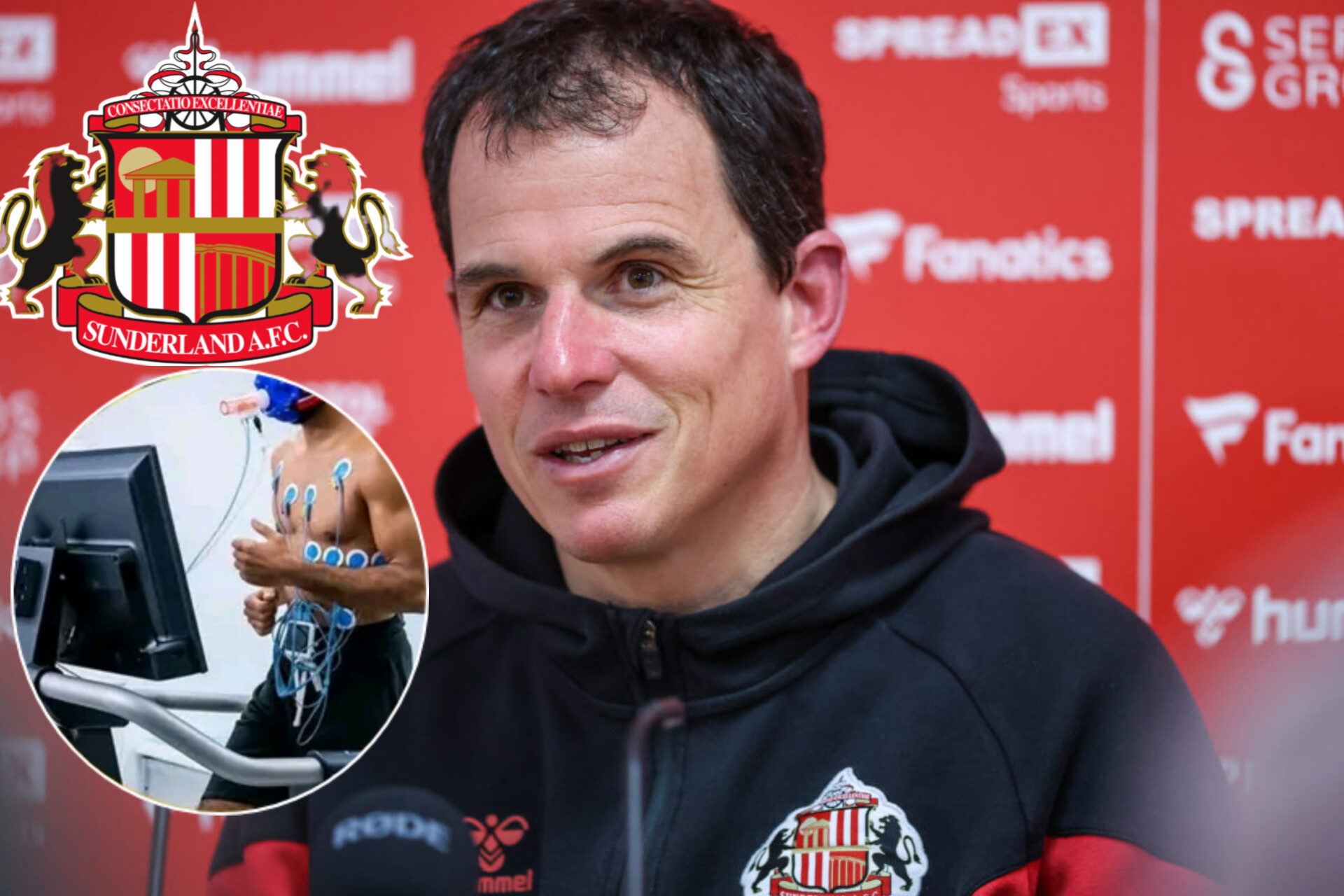The contemporary landscape of Sunderland Football Club represents a fascinating narrative of emerging talent, strategic brilliance, and potential transformation, with Regis Le Bris emerging as the central protagonist in a compelling sporting drama that extends far beyond traditional tactical boundaries.

Le Bris’s arrival has catalyzed a profound metamorphosis within the club’s competitive ecosystem.
His recent achievement – becoming the first Sunderland manager in 26 years to secure victory after trailing 2-0 – transcends mere statistical significance, symbolizing a fundamental reimagining of the team’s psychological and tactical approach.
The broader footballing context amplifies Le Bris’s emerging reputation.

With Premier League clubs Wolves and Southampton experiencing managerial turbulence and facing potential relegation, the spotlight inevitably gravitates towards innovative coaches demonstrating exceptional developmental capabilities.
Le Bris represents precisely such a managerial archetype – young, progressive, and capable of extracting remarkable performances from emerging talent.

Sunderland’s transformation under Le Bris is multifaceted. Beyond tactical recalibration, he has seamlessly integrated academy prospects into the first team, created an unbeaten home record, and developed a squad capable of generating results from seemingly insurmountable positions.
These achievements represent far more than seasonal objectives; they constitute a comprehensive reimagining of organizational potential.
The potential interest from struggling Premier League institutions is both predictable and nuanced.

While immediate approaches seem improbable, Le Bris’s trajectory suggests an inevitable progression towards higher-profile opportunities.
His pragmatic approach and commitment to long-term developmental strategies differentiate him from opportunistic managerial archetypes.
The club’s current strategic imperative revolves around maintaining momentum and potentially securing promotion.
Such an achievement would not only validate Le Bris’s methodological approach but also potentially insulate the organization against external managerial poaching attempts.
Le Bris’s narrative embodies contemporary football’s most compelling developmental paradigm – a coach who views management as a holistic developmental journey rather than a series of transactional achievements.

His commitment to Sunderland appears genuine, rooted in a vision of collective growth and potential.
For Sunderland’s leadership, the challenge lies in creating an environment sufficiently compelling to retain such exceptional talent.
This involves not just financial considerations but establishing a clear, ambitious organizational trajectory that aligns with Le Bris’s professional aspirations.
The potential departure of such a transformative figure would represent more than a mere coaching change; it would constitute an existential challenge to the club’s emerging identity.

Consequently, proactive strategic planning becomes paramount.
As the football landscape continues evolving, Le Bris represents a quintessential modern coaching archetype – adaptable, innovative, and capable of transcending traditional developmental limitations.
His journey with Sunderland is simultaneously a personal narrative and a broader commentary on contemporary football’s intricate, dynamic ecosystem.






